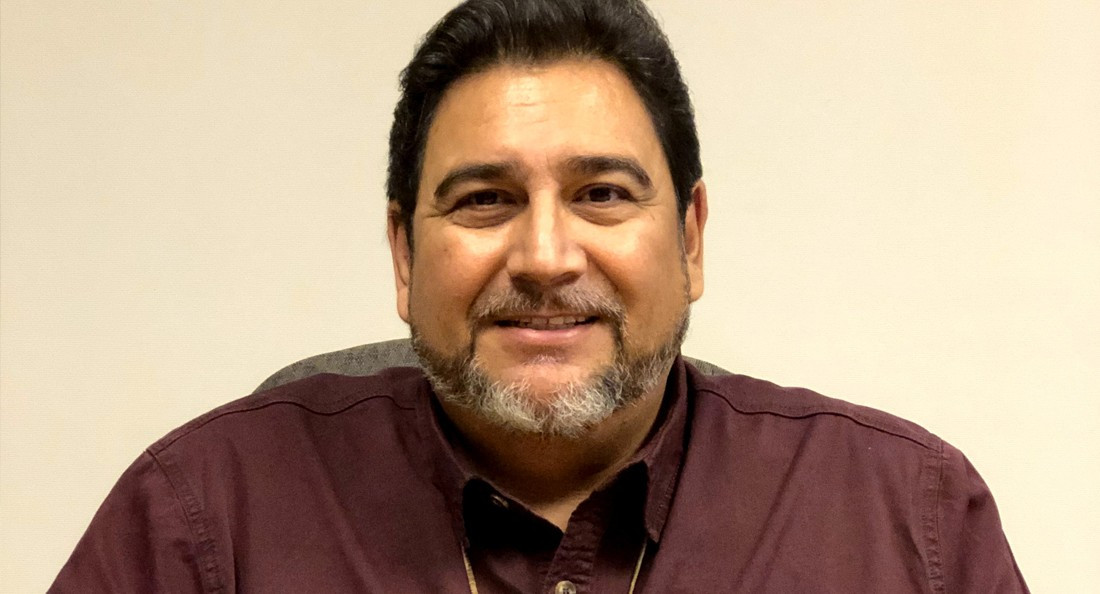Talking about Treaties
Library series explores history and intent of treaties in Manitoba
For White Spotted Horse, a treaty isn’t a contract; it’s a relationship.
White Spotted Horse, whose common name is Allen Sutherland, is a traditional knowledge keeper who has taught Indigenous history within Canada for more than 15 years. He will lead a session called “Indigenous Historical Timeline: Pre-contact to Today” on Jan. 29 from 12 to 1 p.m. at the Millennium Library as part of the Let’s Talk Treaties series.
When White Spotted Horse began teaching, his goal was to recover and pass on Indigenous knowledges and histories to his own people.
“Our own people did not know what happened to us,” he says.
“They didn’t know their own history, because for almost a hundred years, society or government has done everything it can to not teach it in schools ... The goal of the settler-colonial government (was) to cover it up, to mislead and program society to not know what these treaties were about, at the same time using Indian residential schools to take away everything that was Indian in a person, including that understanding, that history, that worldview.”
He says that it is crucial to understand that treaties have always been about generosity and trust.
“The spirit and intent (of the treaties) was sharing – (and) always has been, from the Indigenous perspective,” he says.
“The problem is the new settler government didn’t want to share.”
Maureen Matthews is a curator of cultural anthropology at the Manitoba Museum. She will lead a session for Let’s Talk Treaties on the roles of medals and pipes in treaty making, based on an exhibit at the museum she recently curated alongside Indigenous Elders.
“As the exhibit got closer, I said to (the Elders), ‘How are we going to show Indigenous agency in treaty making?’” she says.
“After a long discussion they said, ‘You know, maybe we need the pipes out.’”
Matthews says that this wasn’t a simple endeavour.
“To get eight pipes out was a pretty big deal for us and also for the Elders, because pipes are ... considered to be animate. You talk about them like an old man in the room, so to ask those pipes to stand up in an exhibit for a year at a time is an awful lot to ask. The Elders helped us find a way to ceremonially invite the pipes to do that and also to sustain them. We go once a year to Roseau River (First Nation) to have the pipes’ invitation renewed.”
For Matthews and White Spotted Horse, the spirit and intent of treaties survives. Treaties, like pipes, are animate. The invitation to have them guide Canadian society must be renewed. While that renewal can begin with education, it can’t end there.
“Reconciliation is a slow process,” White Spotted Horse says.
“Just because you had a half-day or a full-day session on Indigenous historical cultural awareness doesn’t mean the box is checked off. It just means that was the beginning of a journey, and at least you got the right information this time. What you do with it though is totally up to you. But we hope that you would do whatever you can to make a better relationship for all of us.”
The Let’s Talk Treaties free drop-in sessions will be held in the Carol Shields Auditorium of the Millennium Library on Tuesdays from Jan. 29 to Feb. 19.
Published in Volume 73, Number 15 of The Uniter (January 24, 2019)





